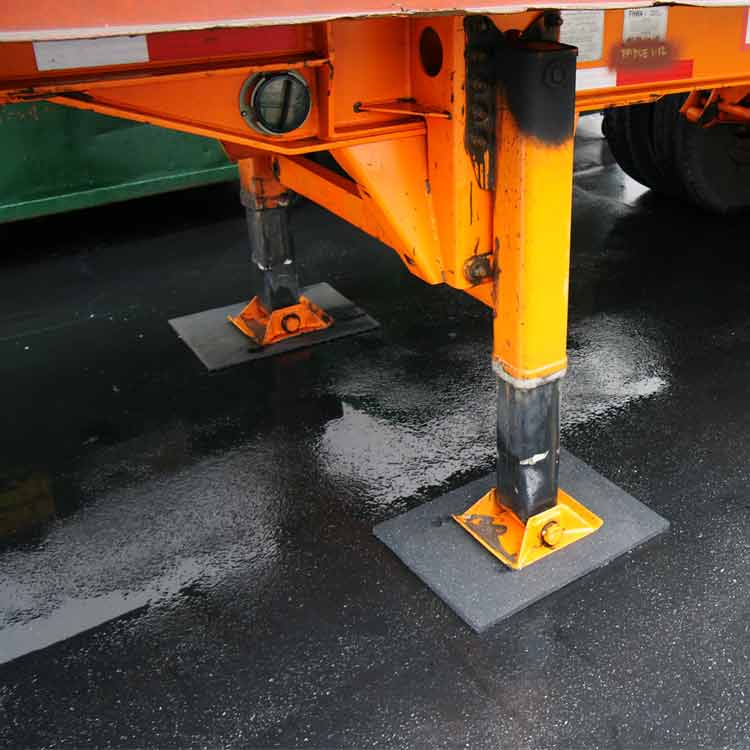 What do you usually think about when you hear the word “industrial”? Perhaps you think of automated machinery building cars piece by piece a long line of assembly workers standing on hard flooring as they make plastic toys, or maybe that fascinating History Channel show “How It’s Made.” When I think of “industrial” locations, I often imagine towering smoke stacks blowing smog into the atmosphere. Greasy gear parts, a warehouse built on heavy-duty rubber flooring pops into my head.
What do you usually think about when you hear the word “industrial”? Perhaps you think of automated machinery building cars piece by piece a long line of assembly workers standing on hard flooring as they make plastic toys, or maybe that fascinating History Channel show “How It’s Made.” When I think of “industrial” locations, I often imagine towering smoke stacks blowing smog into the atmosphere. Greasy gear parts, a warehouse built on heavy-duty rubber flooring pops into my head.
The word “industrial” describes all of these images and then some. Industrial buildings and work areas are filled with heavy-duty machinery and busy employees, in addition to abrasive machine oil, grease, and lubricant. An industrial building can describe any number of locations, that’s why tough mats and resilient flooring are needed to handle any number of problems. Here are the top 3 qualities heavy-duty rubber flooring must have in order to do its job:
 Durability: Long lasting rubber flooring and mats are made out of synthetic and eco-friendly rubber. Rubber is naturally durable, slip-resistant and impact absorbent which means that the addition of industrial flooring will help combat the aforementioned dangers. Since rubber has a high coefficient of friction, resilient matting adds grip and traction to floors preventing employees from dangerous slips and falls. The impact absorbing nature of rubber flooring can serve as a cushion between heavy machinery and solid floors preventing the need for pricey maintenance and replacement costs.
Durability: Long lasting rubber flooring and mats are made out of synthetic and eco-friendly rubber. Rubber is naturally durable, slip-resistant and impact absorbent which means that the addition of industrial flooring will help combat the aforementioned dangers. Since rubber has a high coefficient of friction, resilient matting adds grip and traction to floors preventing employees from dangerous slips and falls. The impact absorbing nature of rubber flooring can serve as a cushion between heavy machinery and solid floors preventing the need for pricey maintenance and replacement costs.In reality, industrial areas can be dangerous — a lot more dangerous than cartoons or TV shows like “How It’s Made” portray them. Adding a layer of heavy duty rubber flooring to any factory, warehouse, or assembly line can ensure employee safety and save your business money on maintenance and replacement costs.
Play it safe rather than sorry. Protect against all kinds of injuries, broken equipment, and worn concrete floors with versatile rubber flooring for warehouse applications.